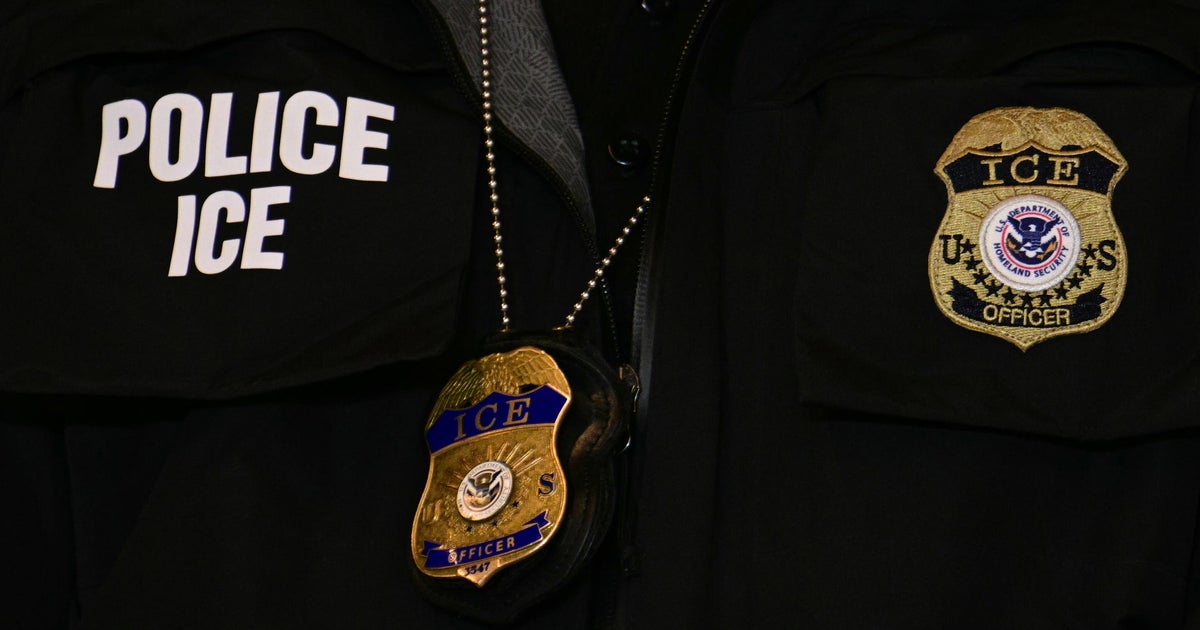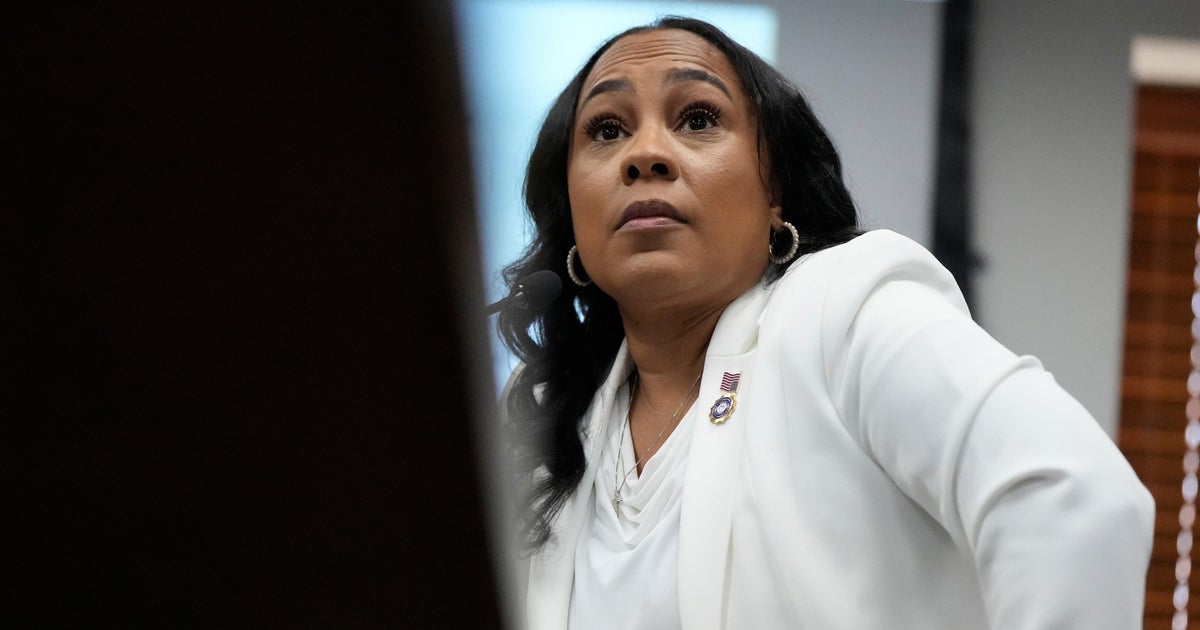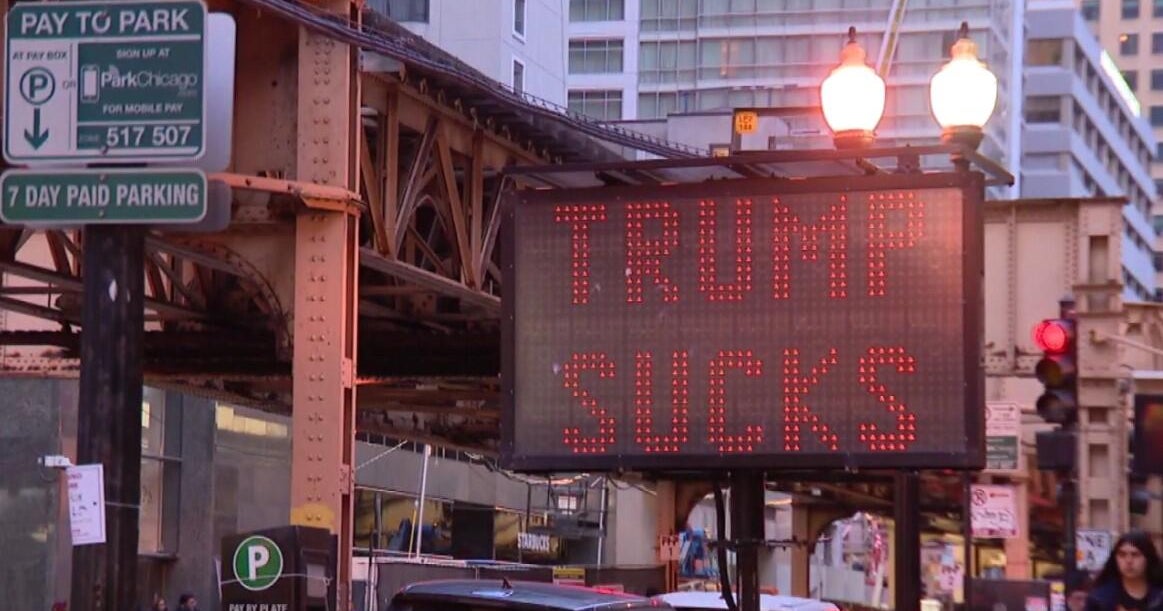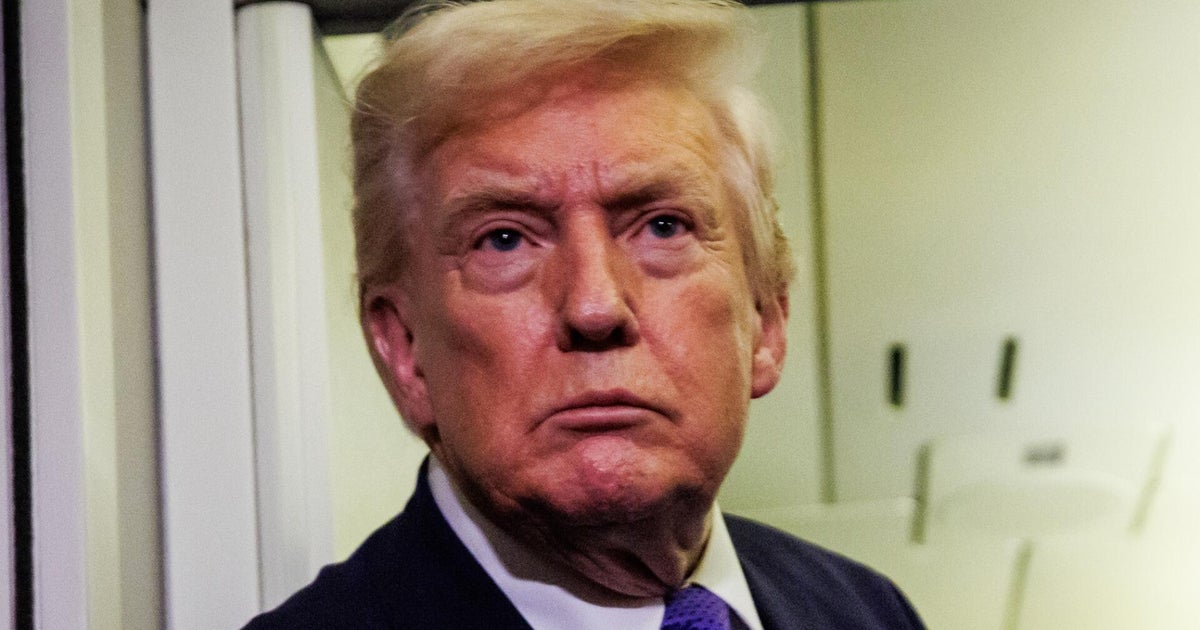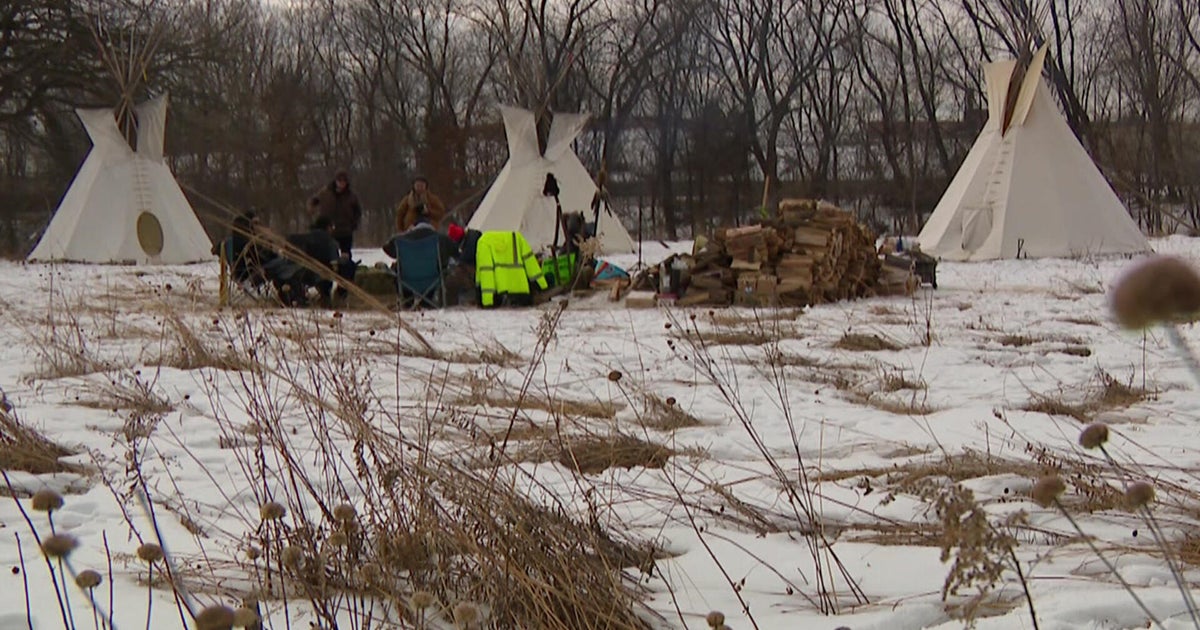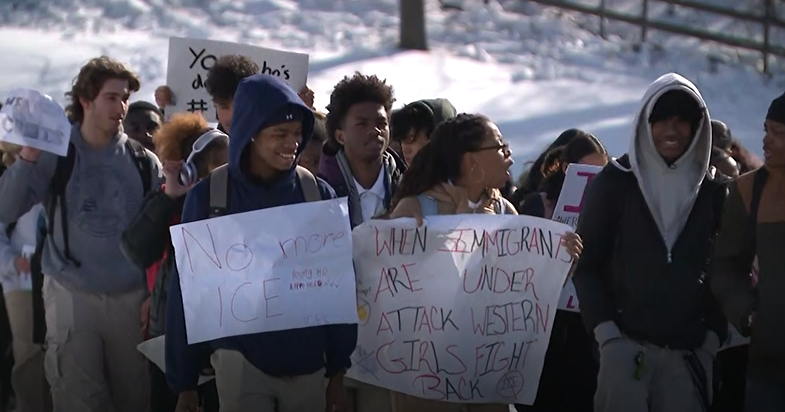Why Can't 'Dreamers' Just Apply For Citizenship?
MINNEAPOLIS (WCCO) -- President Donald Trump's decision to rescind DACA, and stop protecting younger illegal immigrants from deportation, raised a Good Question among WCCO viewers.
Karen from Pequot Lakes and Alan from Rockford wanted to know: Why can't the "Dreamers" just apply for citizenship?
"The pathways [to citizenship] are restrictive and confined," said John Keller, executive director of the Minnesota Immigrant Law Center.
Read More: A Reality Check On DACA's Minnesota Impact
In 2016, just over 750,000 people became naturalized United States citizens, according to the U.S. Citizenship and Immigration Services.
To do so, they needed to be a legal permanent resident (green card holder) for at least five years and have been physically present in the U.S. for the past 30 months.
They also need have good moral character, be able to speak, read and write the English language, have knowledge of U.S. history and be willing to pledge the Naturalization Oath of Allegiance to the United States.
Getting the green card is the hardest part of that process, and the one that keeps the vast majority of people all over the world from becoming legal U.S. citizens.
There are three ways to get permanent resident status in the U.S.:
"Depending on how close that family member is, it can take anywhere from a year to a year and half on the fast track, to upwards of 25 years on the slowest end," Keller said.
All three ways have numerical limitations. For example, the U.S. Department of State says only 25,620 people are legally allowed to immigrate from Mexico to the U.S. each year, but there are 1.3 million Mexicans on the wait list.
"For people who have no one with legal status in the U.S., there is no way to immigrate for the vast majority of people in the world," Keller said.
Catalina Morales is a Dreamer who came to the U.S. when she was 2 years old. Here's how she responded when asked if she's ever thought about becoming a U.S. citizen:
Read More: 'It's Evil' - Dreamers Frightened By Trump's Anti-DACA Move
"Almost always, but there's no way for me to become a U.S. citizen," Morales said.
Almost all Dreamers do not have a close family member who is U.S. citizen or who has permanent legal status, making it almost impossible to obtain a green card.
"A lot of people have this misunderstanding that Dreamers were given citizenship or they're shirking their responsibilities by not becoming citizens," Keller said. "They can't do it. You have to follow the existing law."
In some rare cases, an American spouse can sponsor a Dreamer's application for a green card, but the applicant would still have leave the U.S. for a period of time.
There are number of bills circulating in Congress on this topic. In July of 2017, a group of bi-partisan groups legislators introduced the Dream Act of 2017. That bill would provide a pathway for Dreamers to become U.S. citizens, as well as take away the threat of deportation.

